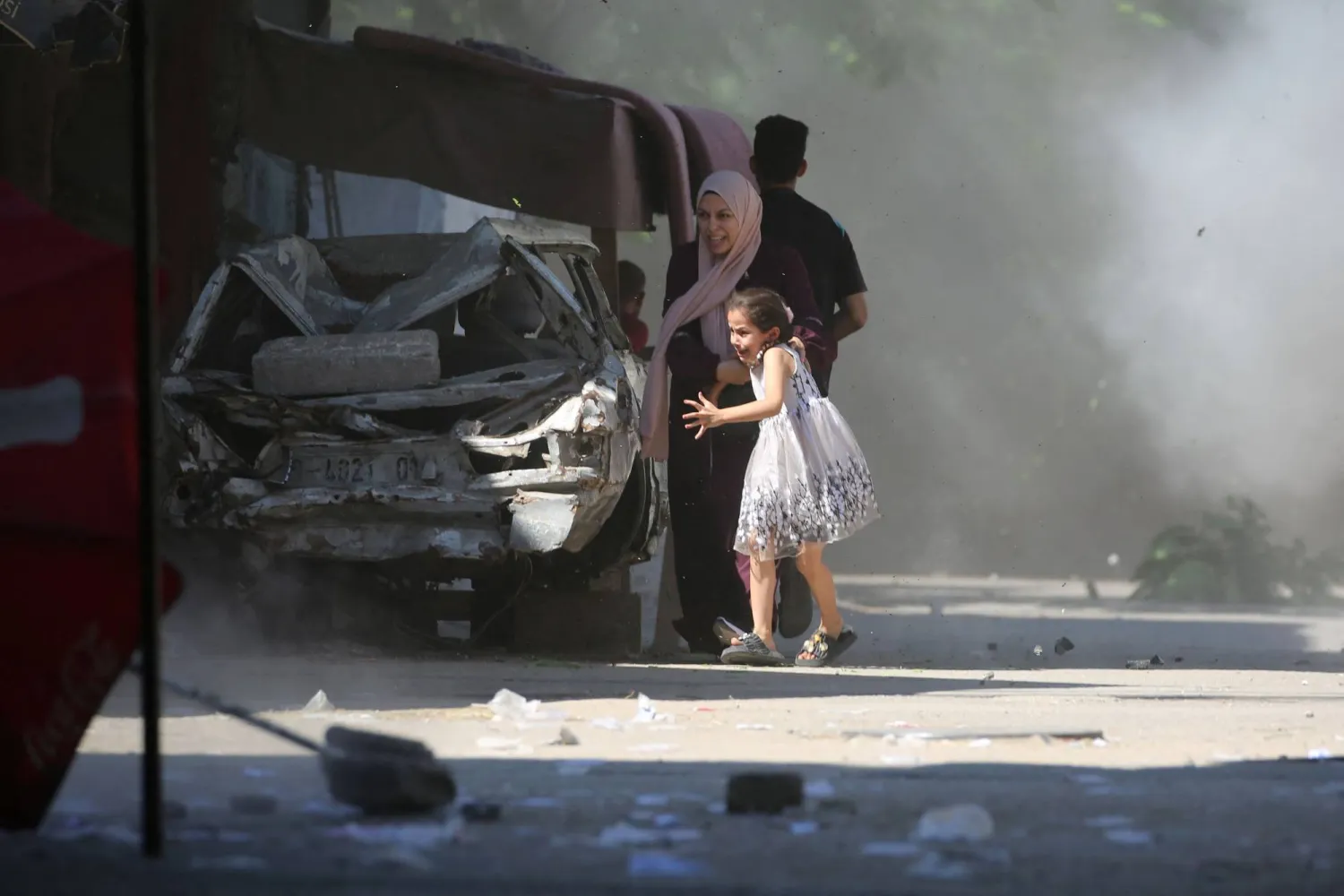Hamas said Friday it has given a “positive” response to the latest proposal for a ceasefire in Gaza but said further talks were needed on implementation.
It was not clear if Hamas’ statement meant it had accepted the proposal from US President Donald Trump for a 60-day ceasefire. Hamas has been seeking guarantees that the initial truce would lead to a total end to the war, now nearly 21 months old. Trump has been pushing hard for a deal to be reached, and Israeli Prime Minister Benjamin Netanyahu is due to visit the White House next week to discuss a deal.
The Hamas statement came as Israeli airstrikes killed 15 Palestinians in Gaza early Friday, while a hospital said another 20 people died in shootings while seeking aid, The Associated Press reported.
The UN human rights office said it has recorded 613 Palestinians killed within the span of a month in Gaza while trying to obtain aid. Most were killed while trying to reach food distribution points run by an Israeli-backed American organization, while others were massed waiting for aid trucks connected to the United Nations or other humanitarian organizations, it said.
Efforts ongoing to halt the war
Trump said Tuesday that Israel had agreed on terms for a 60-day ceasefire in Gaza, during which the US would "work with all parties to end the war.” He urged Hamas to accept the deal before conditions worsen.
In its statement late Friday, Hamas said it “has submitted its positive response” to Egyptian and Qatari mediators.
It said it is “fully prepared to immediately enter into a round of negotiations regarding the mechanism for implementing this framework.” It did not elaborate on what needed to be worked out in implementation.
A Hamas official said the ceasefire could start as early as next week but he said talks were needed first to work out how many Palestinian prisoners would be released in return for each freed Israeli hostage and to specify the amount of aid that will enter Gaza during the truce. Hamas has said it wants aid to flow in greater quantities through the United Nations and other humanitarian agencies. The official spoke on condition of anonymity because he wasn’t authorized to discuss the response with the press.
The official also said that negotiations would start from the first day of the truce on a permanent ceasefire and full withdrawal of Israeli troops from Gaza in return for the release of remaining hostages. He said that Trump has guaranteed that the truce will be extended beyond 60 days if needed for those negotiations to reach a deal. There has been no confirmation from the United States of such a guarantee.
Previous rounds of negotiations have run aground over Hamas demands of guarantees that further negotiations would lead to the war's end, while Netanyahu has insisted Israel would resume fighting to ensure the destruction of the Hamas group.
“We’ll see what happens. We’re going to know over the next 24 hours,” Trump told reporters on Air Force One late Thursday when asked if Hamas had agreed to the latest framework for a ceasefire.









